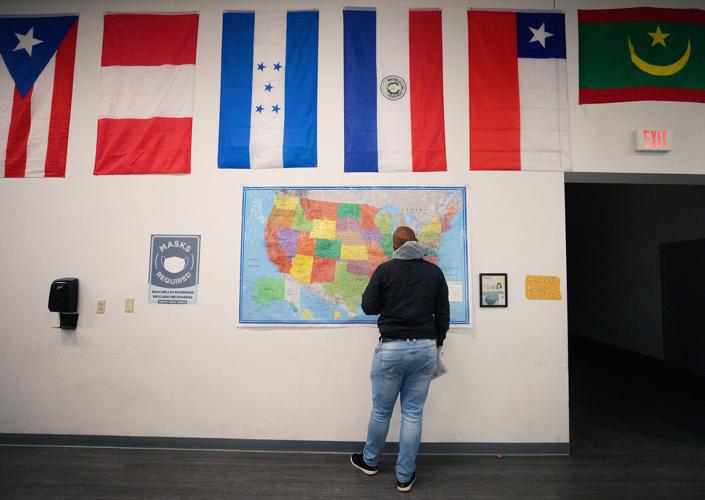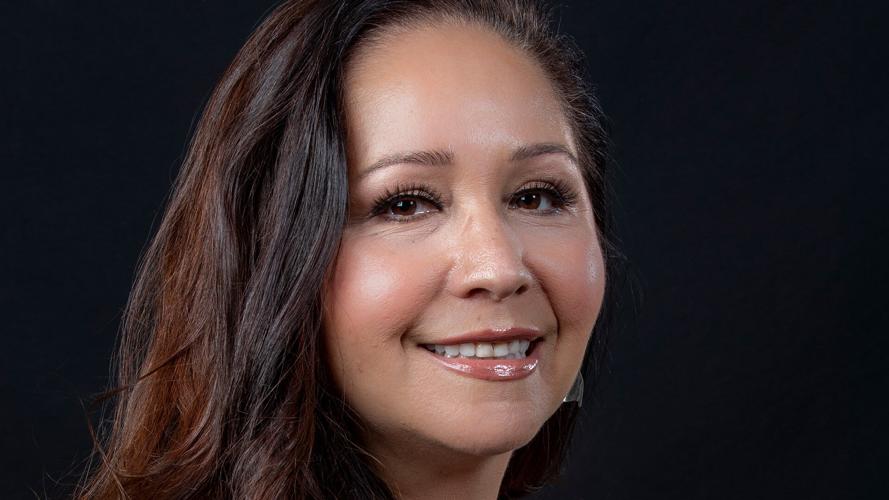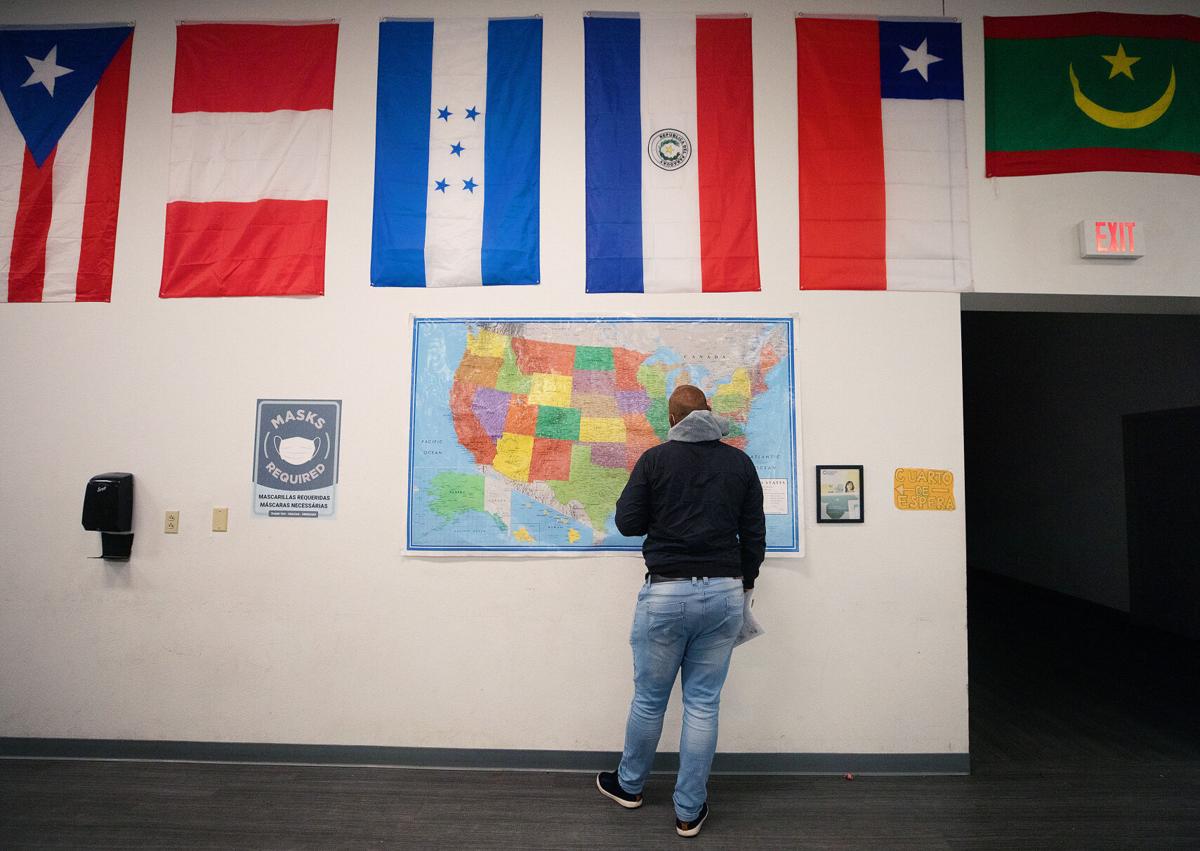Pima County has received enough federal funding to continue overseeing the region’s migrant-aid effort “well into” 2025, county officials say.
This week the U.S. Department of Homeland Security announced another round of funding from the federal Shelter and Services Program, with $18.7 million going to Pima County, which acts as the fiscal agent for the funds in Southern Arizona.
Pima County is continuing its search for another entity to take over its role as fiscal agent for Southern Arizona, which “ideally” would be a function of the state of Arizona, said county Board of Supervisors Chair Adelita Grijalva on Friday.

Adelita Grijalva, Pima County Board of Supervisors Chair
The state is already the fiscal agent for Maricopa County, and received $19.2 million as part of the latest round of funding.
This week’s allocation is part of nearly $341 million in SSP funds distributed nationwide, and $47 million in Arizona alone, for the temporary shelter and care of legally processed migrants released by U.S. Border Patrol into U.S. communities.
Pima County’s latest award is less than the $33 million requested, which would have lasted through the end of 2025, County Administrator Jan Lesher said in a Thursday memo to the board.
But the funds will still last significantly longer than earlier awards that came as the county was experiencing high volumes of asylum seekers arriving in the region, with up to 1,500 released by the Border Patrol each day in December 2023.
These days, following restrictions on access to asylum imposed by the Biden administration in June, shelters in Southern Arizona are receiving only about 150 migrants per day, closer to 2022 levels, Lesher said in the memo.
Before the latest award, Pima County had received about $93 million in federal funds to support its migrant-aid effort, which hasn’t used any local funds.
Casa Alitas, the nonprofit migrant-aid program of Catholic Community Services, has received more than 500,000 legally processed asylum seekers since 2019, managing to rapidly scale-up its operation amid an unprecedented surge in migrant arrivals last year.
But the nonprofit came under fire earlier this year for self-reported contract irregularities and a conflict of interest with its laundry-services vendor.
Grijalva said the controversy is overblown and overshadows the critical work done by Casa Alitas, whose leadership was instrumental in helping Tucson avoid street releases of migrants during the surge in arrivals last year.
Catholic Community Services told county officials in May that two employees’ jobs were terminated for failing to conduct a competitive-bid process for laundry services, noting that the agency had been overcharged for those services and the vendor was operating without a contract.
This month The New Republic reported the laundry-services vendor Amado Laundry Service was owned by the mother of the now-departed Casa Alitas director, and estimated the agency may have been overcharged by hundreds of thousands of dollars.
But Grijalva takes issue with that estimate, which The New Republic calculated by comparing Amado’s rate charged to Catholic Community Services to “comparable” Tucson companies’ rates.
That comparison does not account for the sheer size and speed with which Casa Alitas required its laundry provider to operate, she said. Migrants’ clothing had to be washed and returned within 24 to 48 hours, because they rarely stayed at Casa Alitas longer than that, she said.
It also didn’t consider the fluctuations in demand, depending on migrant-arrival numbers, which also resulted in higher costs for food-service contracts than what could be secured by an agency with more predictable needs.
“To be able to pivot that way, you have to pay a premium for that,” Grijalva said.
U.S. Rep. Juan Ciscomani, a Tucson Republican, has called for a federal investigation into all federal funding awarded to Catholic Community Services since 2020.
In an Aug. 20 letter to DHS Inspector General Joseph Cuffari, Ciscomani said, “Congress, and the American people deserve to know where our federal dollars are going, and individuals and entities who have taken advantage of these programs should be held accountable.”
Grijalva, a Democrat, said she finds the probe “unfortunate” and unnecessary, as the Catholic agency self-reported the issue and quickly terminated the relationship with the vendor and staffers involved.
“Respectfully, I don’t think that (investigation) would be happening if it wasn’t an election year,” she said.
Get your morning recap of today's local news and read the full stories here: tucne.ws/morning






